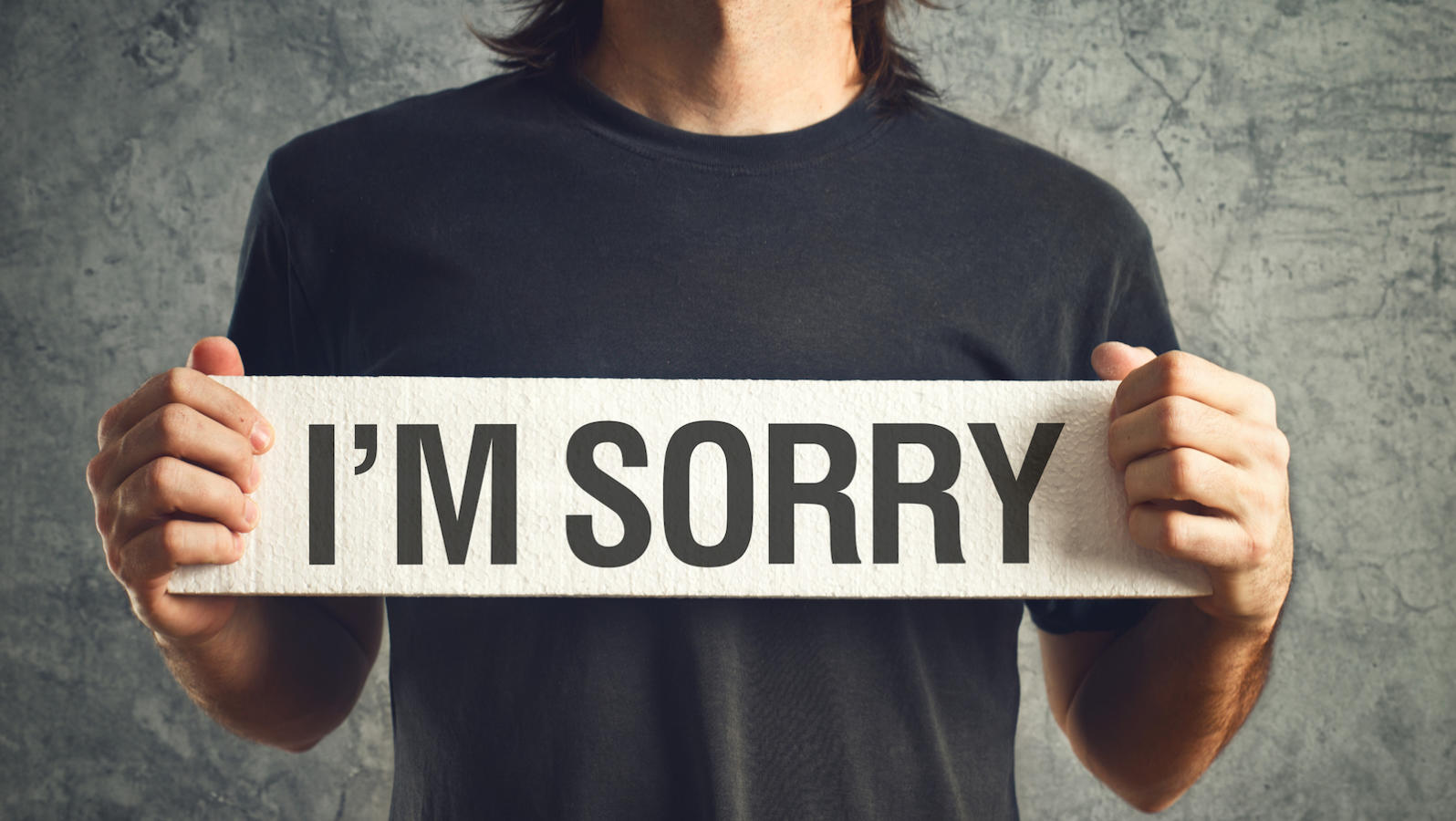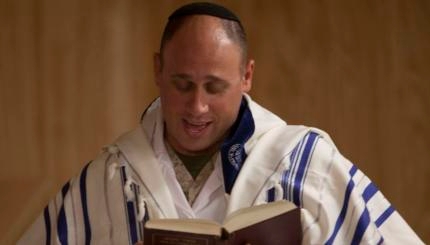Question: I know
is coming up and I’m supposed to apologize to people. How am I supposed to do that? Should I literally call everyone I know? Post a mass note on Facebook?
–Miriam, New York
Answer: It’s impressive that you’re serious about asking for forgiveness before Yom Kippur, Miriam. It’s a big responsibility, but I bet it will feel great to walk into Kol Nidre knowing you’ve done everything you can to apologize to anyone you have hurt in the past year.
First of all, you don’t have to apologize to everyone you know, so no need to run up your cell phone bill. You’re only required to ask for forgiveness from those whom you know you have hurt. Some halakhic authorities recommend that you apologize to all your friends before Yom Kippur, just in case you hurt someone unknowingly (Rema 606:2; Arukh Hashulhan, 4). Doing this via a mass email or Facebook message is halachically (according to Jewish law) permissible.
If you know you’ve hurt someone, you absolutely should make an apology before Yom Kippur. You can do this in person, by phone, via email, Facebook, Skype, Gmail-chat, or even telegram — whatever means you want, but it should be personal.

Help us keep Jewish knowledge accessible to millions of people around the world.
Your donation to My Jewish Learning fuels endless journeys of Jewish discovery. With your help, My Jewish Learning can continue to provide nonstop opportunities for learning, connection and growth.
I spoke with Everett L. Worthington Jr. of Virginia Commonwealth University, a psychologist who studies forgiveness, about what makes a good and effective apology. He has a handy acronym he uses to help people remember all the steps of a meaningful request for forgiveness:
C-Confess without excuse. Be specific about what you’re sorry for (“I’m sorry I forgot our anniversary.”). Do not offer any kind of excuse. Do not let the word but come out of your mouth.
O-Offer an apology that gets across the idea that you’re sorry, and that you don’t want to do it again. Be sincere and articulate.
N-Note the other person’s pain. Acknowledge that your actions were hurtful.
F-Forever value. Explain that you value your relationship, and you want to restore it more than you want to hang onto your pride.
E-Equalize. Offer retribution. Ask how you can make it up to the person.
S-Say “never again.” Promise that you won’t do it again (and mean it).
S-Seek forgiveness. Ask the other person directly, “Can you forgive me?”
Worthington suggests thinking through all of the steps of CONFESS before you approach the person to deliver your apology. That way, when you’re speaking with him or her, you’ll have planned out what you’re going to say, and you won’t be left stammering and searching for words.
Another thing to remember is that the person you’re apologizing to might not be ready to accept your apology. Worthington says there are basically four ways people respond to requests for forgiveness:
- Yes, I forgive you.
- I need more time.
- I can make a decision to forgive you, but I’m still very hurt.
- No, there’s nothing you can do to ever make it right. I don’t forgive you.
The second and third responses are the most common, Worthington says, and you should be prepared for them. Don’t assume that after you make your apology everything is going to be reconciled. Reconciliation is not something that’s granted — it’s earned. You should expect to have to prove you’re sincere.
According to Maimonides and the Shulchan Aruch (OH 606:1) when you ask someone for forgiveness, he or she is allowed to turn you down. If this happens, you should return a second and third time, with three witnesses, and try apologizing again. If the victim won’t forgive you after three tries, then you’re considered to have atoned, even if you haven’t been granted forgiveness.
Apologizing is hard work. It’s great to do it before Yom Kippur, but the best strategy is to do it year-round, instead of carrying around all that guilt and stress for months. I know this is kind of like being told to floss every day. You know you should do it, but somehow you can’t bring yourself to make it a part of your routine until the week before your dentist appointment. So stop feeling guilty about not flossing, and use that time to apologize to someone you’ve wronged. Just don’t tell your dentist.



